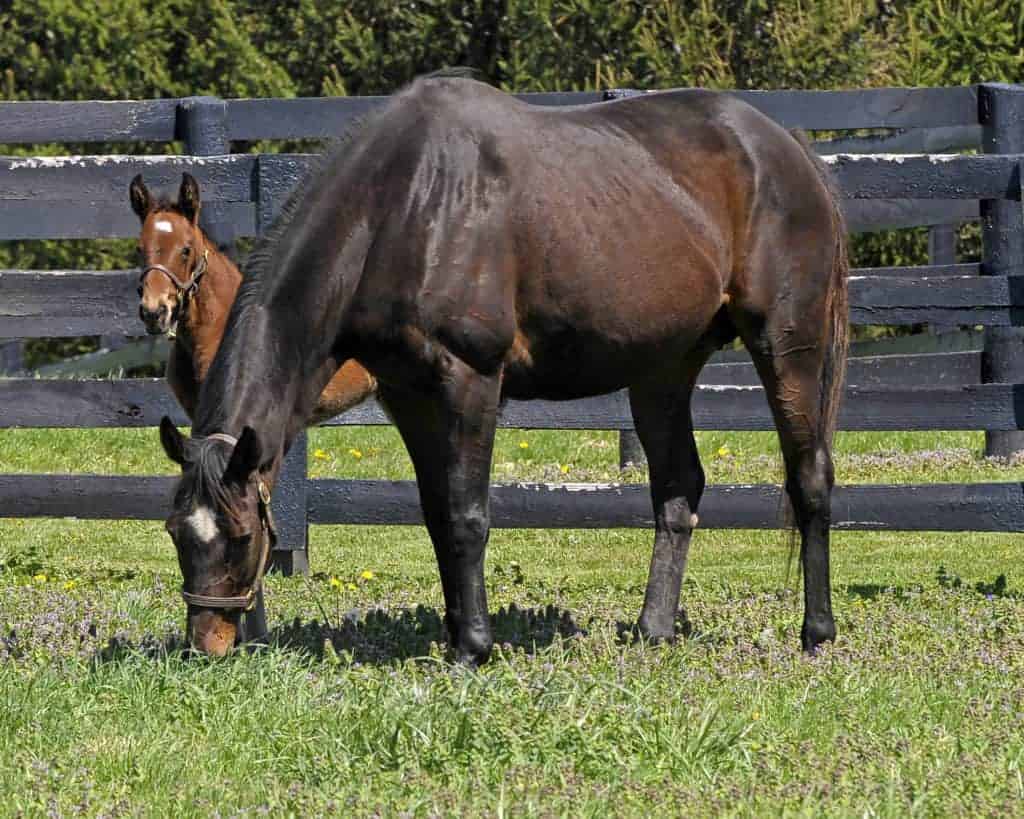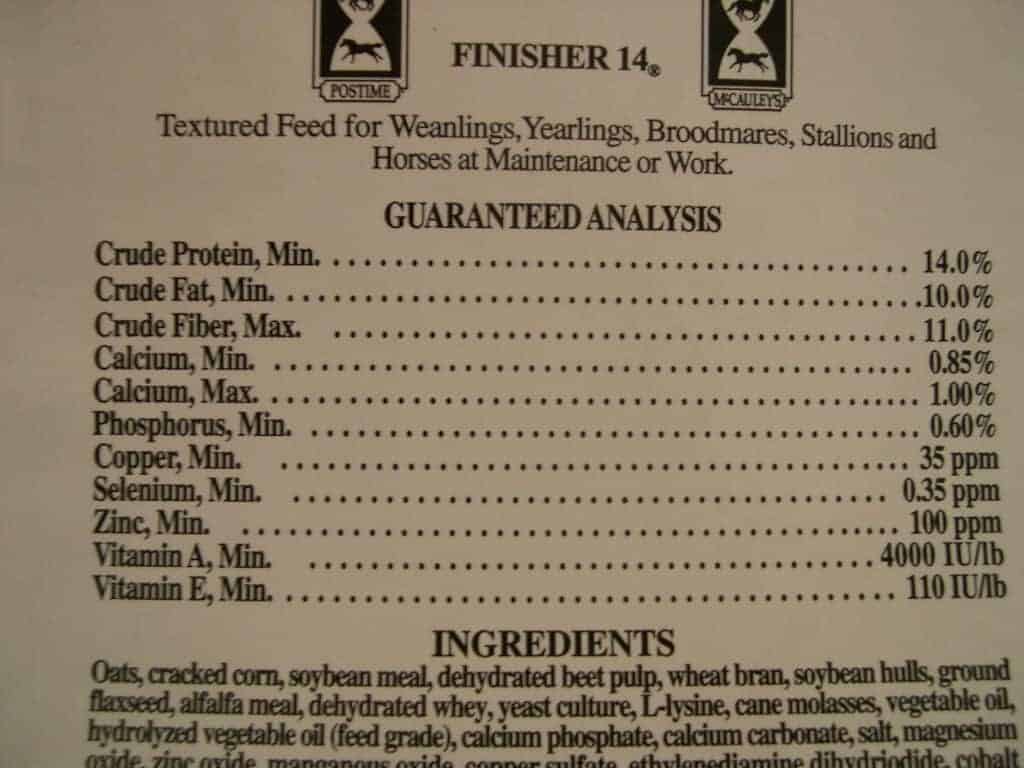
Zinc’s Role in Young Horses’ Immunity
Low serum zinc levels were associated with an impaired immune function in yearlings and 2-year-olds.

Low serum zinc levels were associated with an impaired immune function in yearlings and 2-year-olds.

High and low glycemic meals have different effects on growth hormone secretion in young horses.

Current feeding recommendations might be overestimating fecal inevitable phosphorus losses in growing horses.

Dysphagic foals require immediate, specialized care to ensure they begin life without a nutritional deficit.
More than 10,000 individuals have already signed up to take part in the course on horse nutrition.

Researchers found that high-energy forage diets provided adequate nutrition for young horses in training.

Young horses are in a critical stage of development, where careful management is essential to a healthy adult life. In this live audio event, our experts answer questions about young horse care, including growth, nutrition, exercise, and disease.

Fats increase energy density of diets and are necessary to metabolize fat-soluble vitamins.

Foals of mares consuming organic selenium had higher blood selenium concentrations than other foals.

Forage-based total mixed rations (TMRs) can offer an economical and effective horse feed option.

A complete feed at recommended levels can provide calories for horses who don’t get enough from forage alone.

Knowing how to properly feed and care for an orphan can save your foal’s life if the situation arises.

The horse’s metabolic processes provide the body with the fuels it needs to sustain itself.

Raising a foal isn’t rocket science, but it does require some forethought and planning.
The events will take place Jan 20-21, 2012 at the UK Veterinary Diagnostic Laboratory.

Kristine Urschel, PhD, discussed factors that regulate equine muscle protein accretion and relevant research.
Stay on top of the most recent Horse Health news with
"*" indicates required fields